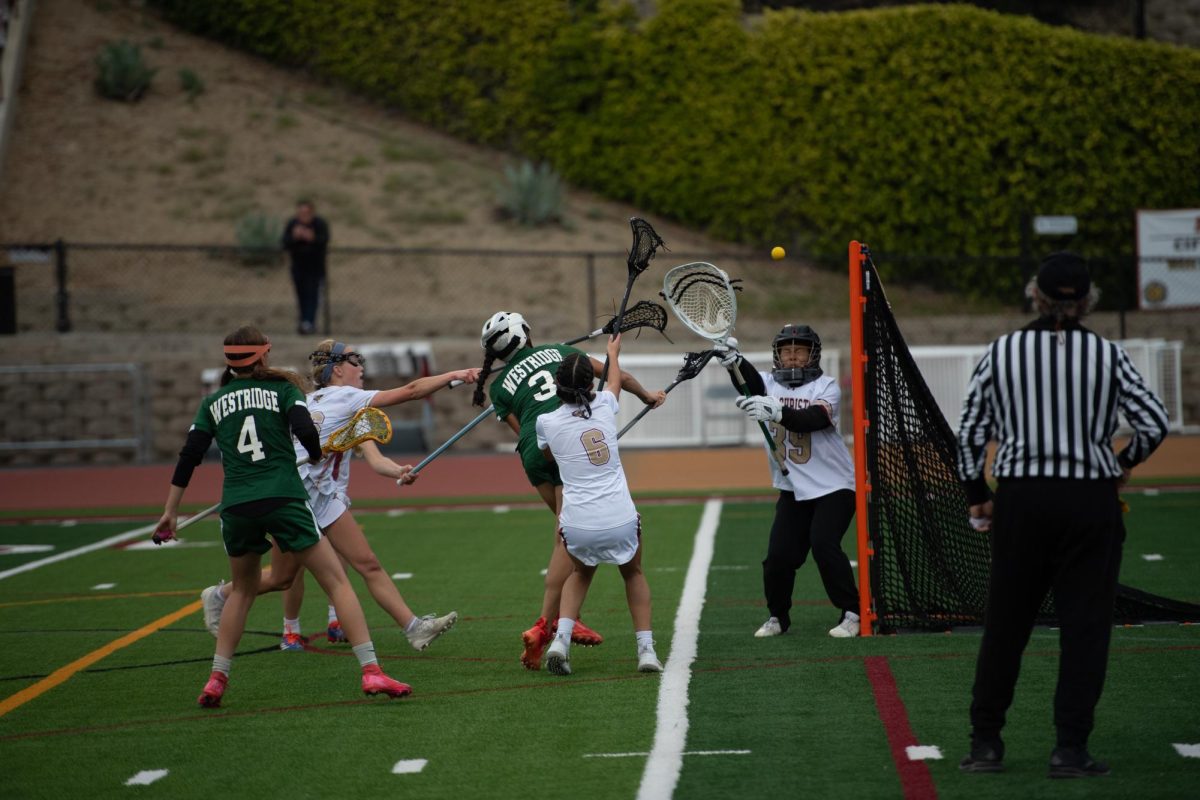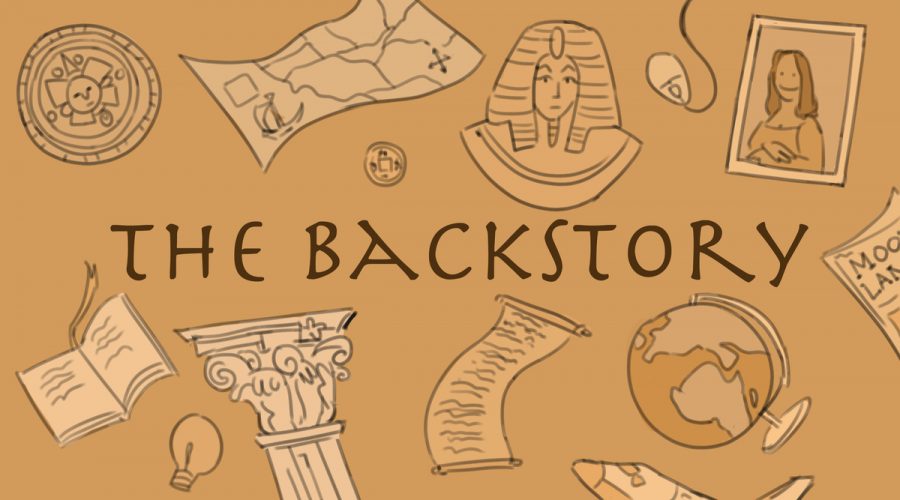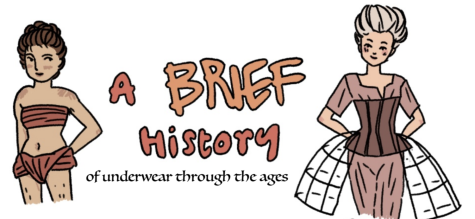The Backstory: How Monopoly Helped Prisoners of War Get Out of Jail Free
The Backstory is a column celebrating offbeat and overlooked history.
While WWII raged across the continent and infiltrating Allied forces fell hostage behind Nazi lines, British spies gathered in underground bunkers to face a pressing dilemma: how could they make maps less annoying?
While cheap to print and distribute, paper maps were incredibly impractical for spies given their tendency to tear easily, dissolve upon contact with water and make all sorts of weird crinkly noises when opened and folded. And it’s not like 20th century spies could just pull out a phone to use Waze or Google Maps. Then, one of England’s greatest thinkers had a brilliant idea: print maps on silk. The fabric was durable, silent, easy to wad up and hide in small spaces, and could double as a bandana, should any WWII soldier find himself at summer camp or needing to improvise a skit set in the Old West. The wheels really started turning when it was discovered that the nation’s best silk printing company, John Waddington, Ltd., was also the U.K.’s primary distributor of Monopoly games.
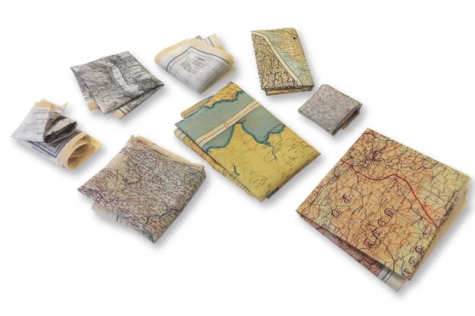
Coincidentally, Monopoly fit perfectly into the “games and pastimes” category of care packages sent by the Red Cross and other charitable organizations to Allied POW camps in Germany and Italy. The Allied powers saw an opportunity to not only utilize their new, fancy silk maps, but rescue a few soldiers in the process.
A select group of Waddington employees answered their call of duty and, sworn to secrecy under the supervision of intelligence agency MI9, began mass-producing Monopoly sets with a little twist. These modified Monopoly boards featured escape maps, compasses, and small weapons disguised as game pieces and hid actual European currency within stacks of Monopoly money. They were then mailed by government-run spoof charities like the “Licensed Victuallers Prisoner Relief Fund” to imprisoned Allies.
New recruits in the British and American air forces were trained to identify the rigged boards by a tiny red dot in the corner of the “Free Parking” square, designed to look like a printing glitch. While there are no exact records of Monopoly’s wartime impact, an estimated 10,000 of the 35,000 Allied soldiers who made it out of POW camps by the end of the war did so with the aid of Monopoly.
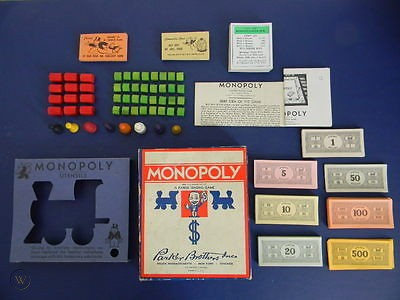
After the war, all remaining “special” Monopoly boards were destroyed. Everyone in the know was sworn to secrecy indefinitely, should Monopoly need to reprise its wartime role, but the story was declassified in 2007, and Waddington, now defunct, was honored with a public ceremony.

Ilena is passionate about stories— especially histories— good snacks, and bad puns. She has been on Spyglass for a very long time. Ilena is a senior.

















![Dr. Zanita Kelly, Director of Lower and Middle School, pictured above, and the rest of Westridge Administration were instrumental to providing Westridge faculty and staff the support they needed after the Eaton fire. "[Teachers] are part of the community," said Dr. Kelly. "Just like our families and students."](https://westridgespyglass.org/wp-content/uploads/2025/03/dr.-kellyyy-1-e1748143600809.png)





























